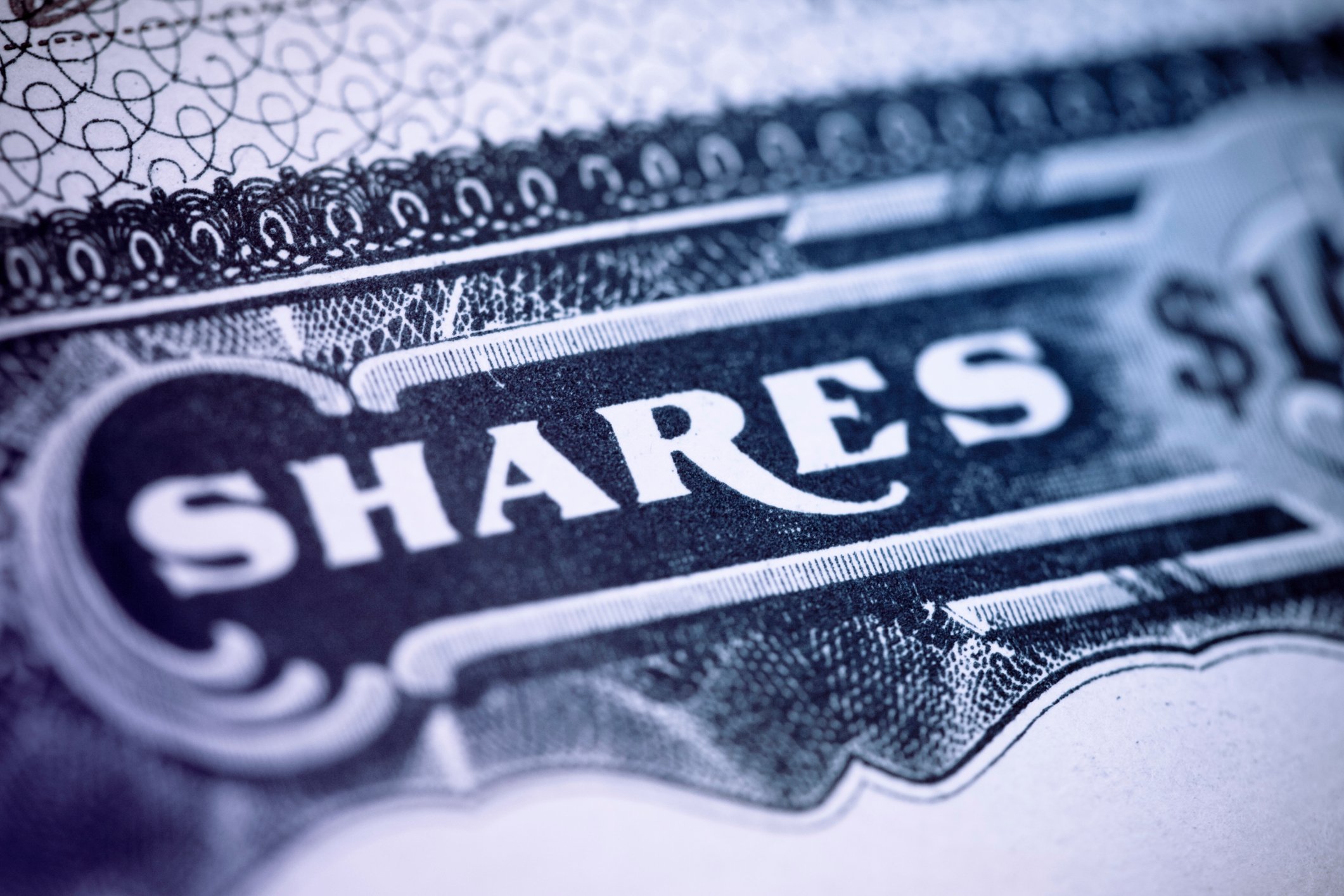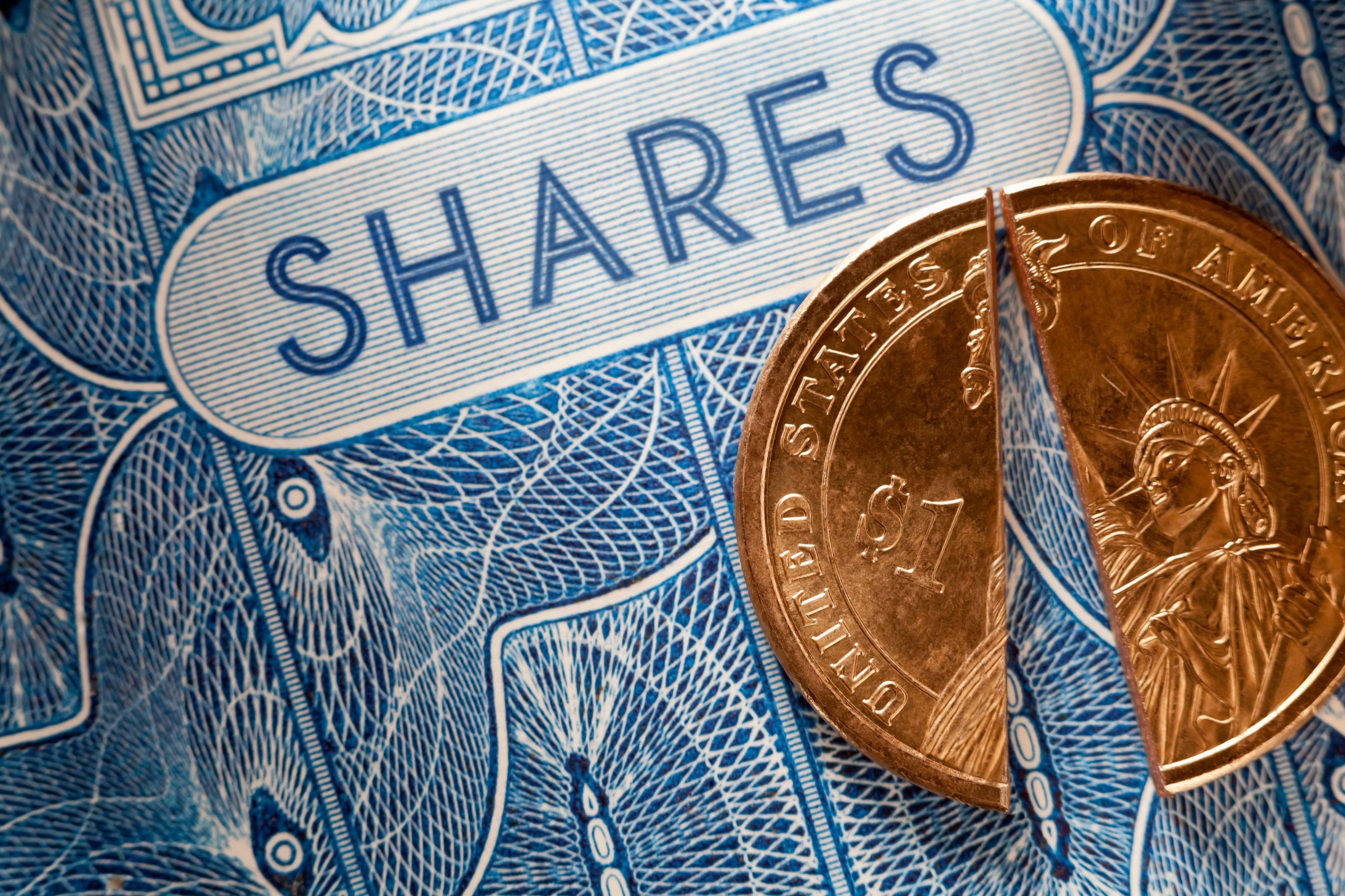There's a new bull in sizing up the near-term prospects for Sirius XM Holdings (SIRI +0.00%). Wells Fargo analyst Steven Cahall is initiating coverage of the satellite radio giant with a bullish outperform rating this week. He's setting a price target of $8 on the shares, matching the Street high that was originally set by Jessica Reif at Bank of America Merrill Lynch in the springtime of last year. Credit Suisse would follow a month later with a price goal of $8.50, but that analyst has been replaced by the still-bullish Brian Russo at a lower $7 target.
Cahall feels that the model's low churn, steady fixed costs, and average revenue per user -- which inches higher with inflation, given the music licensing fees that are passed on to listeners -- make Sirius XM Holdings a strong yet steady investment. His $8 price target implies 28% of upside from current levels.

Patrick Stewart and Hugh Jackman at a Sirius XM Town Hall session. Image source: Sirius XM Holdings.
Steady as a beating drum
The biggest surprise in sizing up Sirius XM is that it's not your typical low-priced stock. The company has been consistently profitable for years. It pays out a small-yet-sustainable quarterly dividend that Sirius XM is bumping higher with every passing year. Even the stock is a poster child of consistency, now delivering positive shareholder returns for the eleventh consecutive year.
A stock trading at $6 and change may not seem like the prototypical winner, but this is an investment that was trading for a small handful of pennies a decade ago. Sirius XM weighed going the reverse-split route, but decided against it, and it's been climbing with surprising consistency ever since.
Top-line growth has been rising at a single-digit organic pace for the past few years. Closing on its Pandora acquisition in February has helped Sirius XM prop up reported year-over-year gains as well as pro forma growth. But the company isn't the speedster that it was a decade ago, when most cars weren't rolling off the assembly line with factory-installed satellite receivers.
The stock's current 0.8% yield won't turn heads; income investors are better off buying more lucrative dividend-paying stocks if securing distributions is their primary objective. Sirius XM merely leans on its payouts as a way to return money to its shareholders when it's not busy eating away at its large share count.
Sirius XM is in good shape right now, and Cahall is right about the model. Self-pay monthly churn is at 1.7%, refreshingly low for a consumer service that's so easy to cancel. While this is a business with high fixed costs, the incremental costs from additional new audience members are low, so earnings growth can significantly outpace revenue growth from here. Sirius XM's pricing does help hedge against rising music-licensing costs, but there's more to the story than that, given the 4% increase over the past year in average revenue per user.
Satellite radio continues to get the job done, and it's just a matter of time before Sirius XM graduates to price targets in the double digits.






